New Home, New Questions: Your Guide to Inheriting an Oil Tank
New Home, New Questions: Your Guide to Inheriting an Oil Tank

Contents
Congratulations on snagging your dream home!
But amidst the unpacking flurry, you might’ve discovered a surprise housemate – an oil tank. While some envision flickering gas lamps and drafty rooms, oil heating can be a surprisingly efficient and cost-effective option. However, before settling in, knowing the state of your newfound fuel friend is crucial.
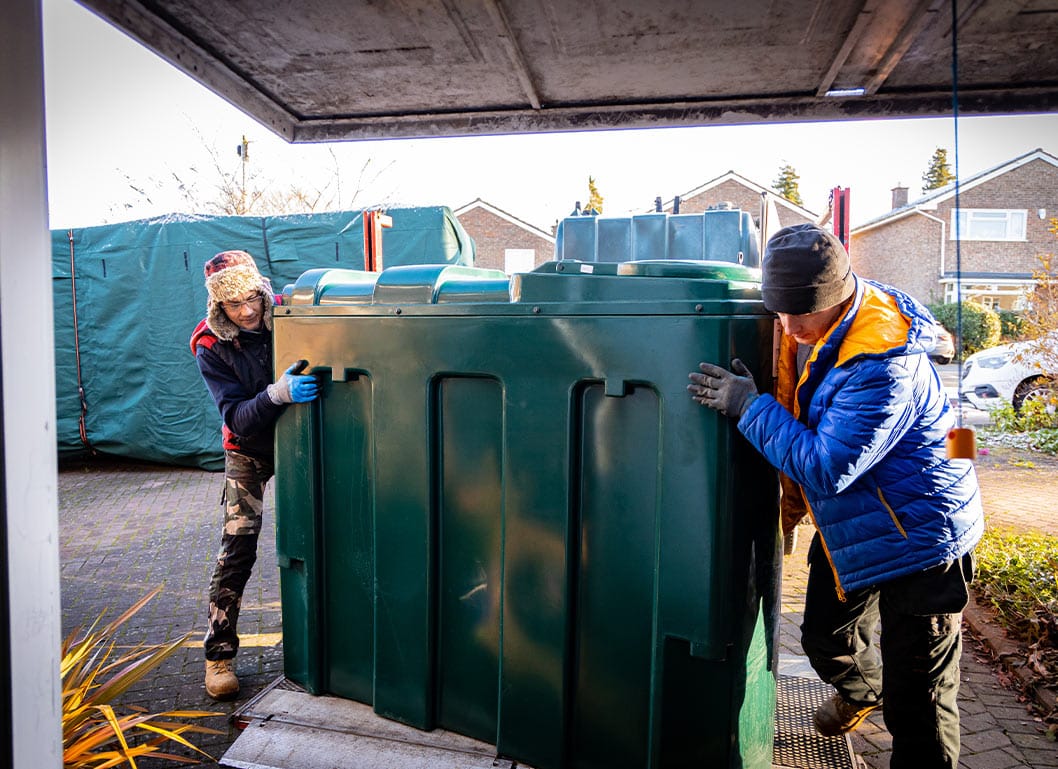
Time for a Checkup? Signs Your Tank Needs Attention:
- Age: Tanks have a lifespan (typically 10-15 years), so check the manufacture date. Leaks become more likely with age.
- Rusty and Dented: These red flags point to corrosion and potential breaches.
- Uneven Base: This can stress the tank and lead to leaks.
- Outdated Regulations: Tanks installed before 2012 might not meet current OFTEC safety standards.
Time for a Checkup? Signs Your Tank Needs Attention:
- Age: Tanks have a lifespan (typically 10-15 years), so check the manufacture date. Leaks become more likely with age.
- Rusty and Dented: These red flags point to corrosion and potential breaches.
- Uneven Base: This can stress the tank and lead to leaks.
- Outdated Regulations: Tanks installed before 2012 might not meet current OFTEC safety standards.
Position Matters: Is Your Tank Compliant?
- Flood Zone: Check if the tank sits in a flood zone or too close to buildings, violating OFTEC regulations.
- Size Matters: Is the tank big enough for your home’s heating needs? Consider your boiler type and average annual usage.
How much does the system cost to run?
Fuel bills are often the biggest cost for households. Speak with the vendor about how much you should expect to pay to keep warm. For homes off the gas grid, heating oil remains the cheapest fuel, currently over 25% less than LPG and over 35% cheaper than Air Source Heat Pumps.
Looking for more information on the costs? Check out How much does an oil tank installation cost?
Oil: Worth the Hype? Weighing the Pros and Cons:
Pros:
- Cost-Effective: Oil can be cheaper than electricity or gas, especially in rural areas.
- Heating Efficiency: Modern boilers offer excellent energy conversion, keeping you warm without breaking the bank.
- Reliable: Oil supplies are not as susceptible to grid outages as other heating methods.
Cons:
- Maintenance: Tanks require regular inspections and potential replacements.
- Delivery Dependence: You’ll need to schedule oil deliveries, which can be messy and require storage space.
- Environmental Impact: While cleaner than coal, oil still contributes to carbon emissions.
Keeping Your Tank Happy: A Care Guide for a Cozy Home:
- Annual Boiler Service: Ensure optimal performance and safety.
- Regular Tank Inspection: Check for leaks, corrosion, and overall condition.
- Reliant Oil Delivery: Avoid low levels, overfilling and spills. (Psst, check out OTP Energy for reliable oil delivery: https://otpenergy.co.uk/)
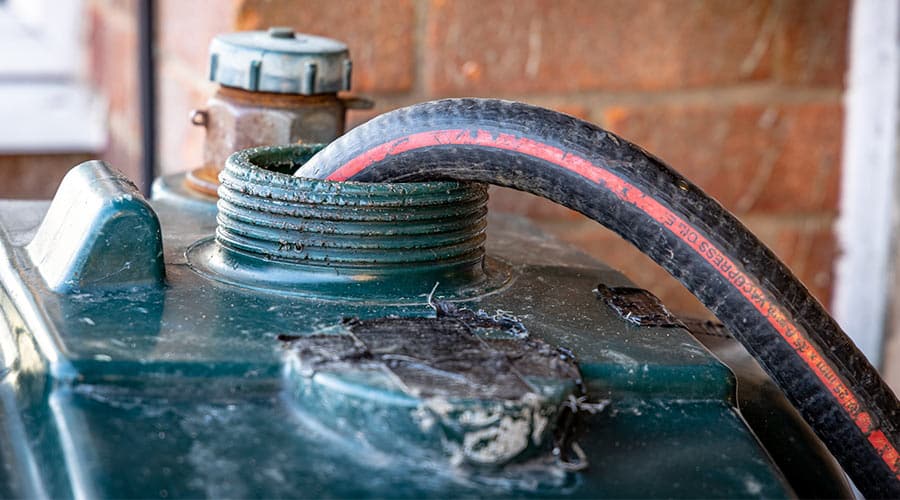
Moving On or Making Oil Work? Let’s Talk:
Understanding your inherited tank’s condition and considering the pros and cons of oil heating empowers you to make the best decision for your new home. If you’re unsure, fear not! Oil Tank Plus is here to hold your hand. Our experts can provide clear, personalized advice and guide you through all things oil tank. Whether you choose to embrace the oil or explore alternative options, we’ll ensure your new home stays warm and cozy throughout the year.
Read our tips on where to install your oil tank in your garden.

If you are buying a new home with an oil tank then Oil Tanks Plus can help
With over 25 years of experience in the industry, we are one of the UK’s leading oil tank installation and maintenance companies. Contact our friendly experts today for oil tank advice, or a free quick quote.
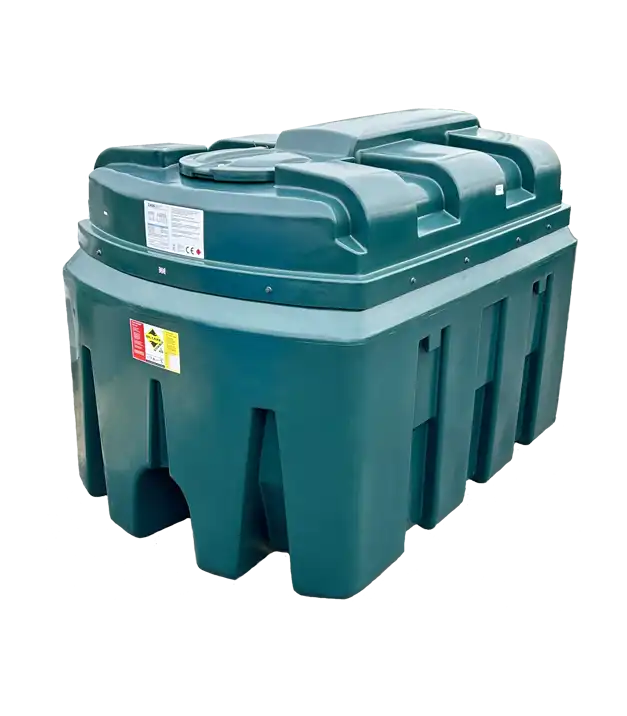
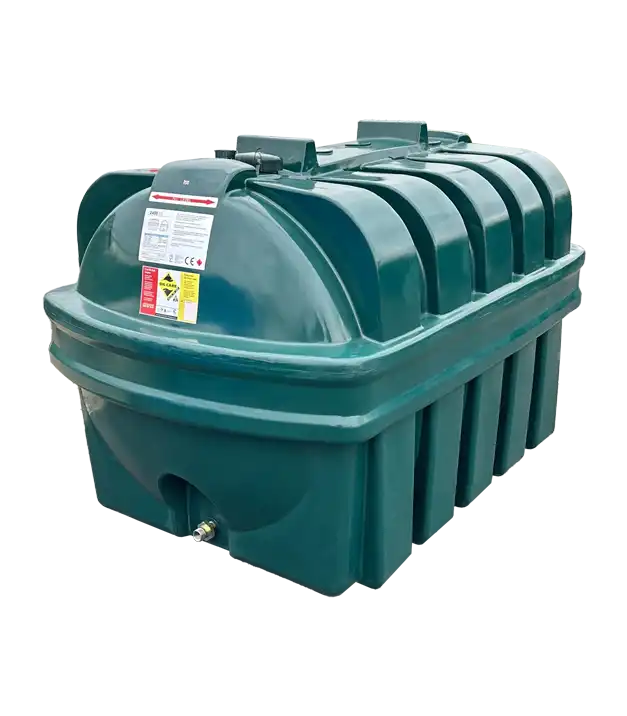
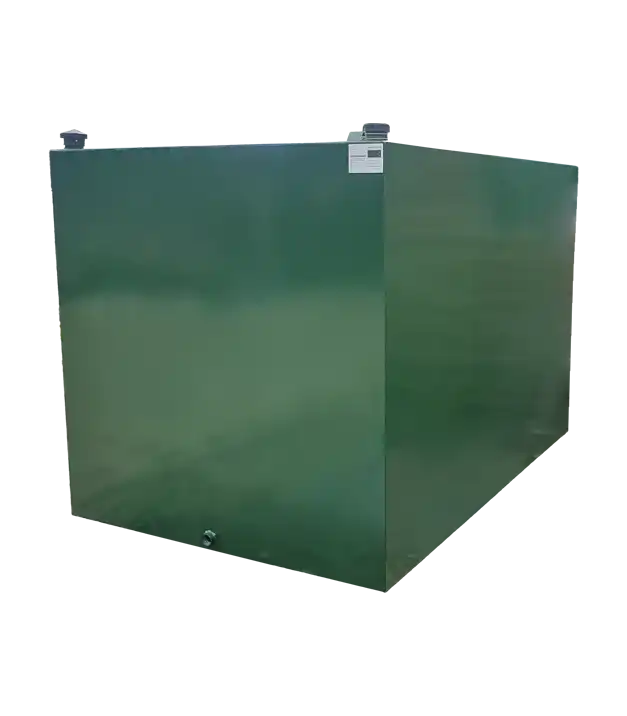
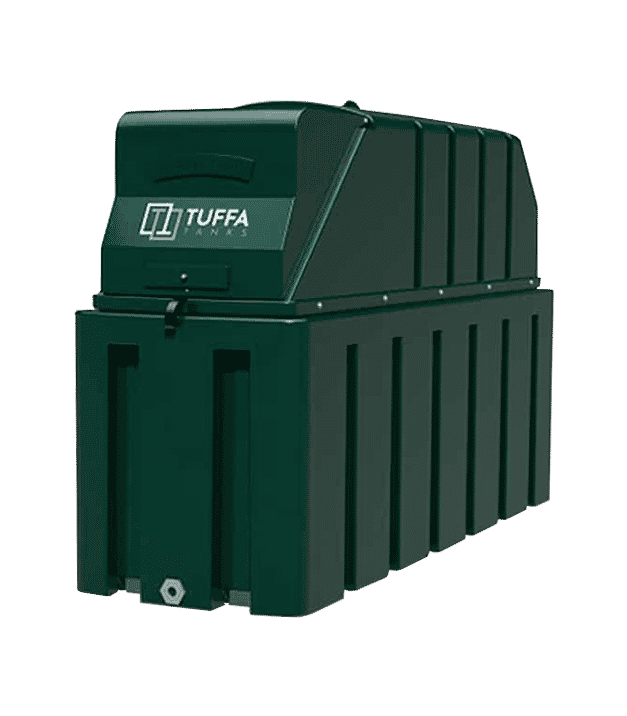
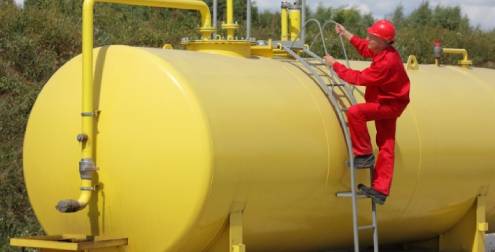
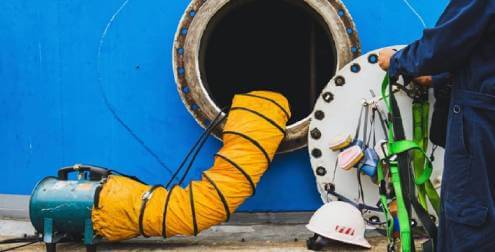
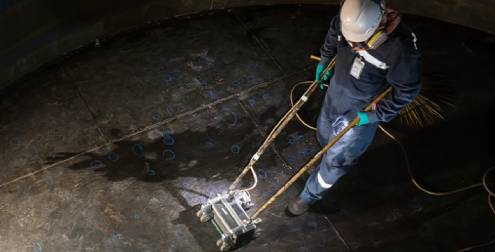
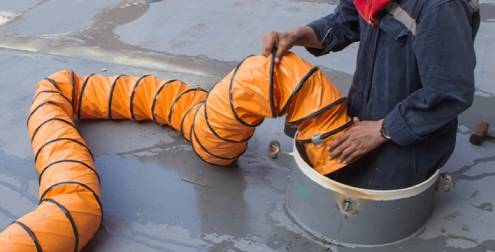
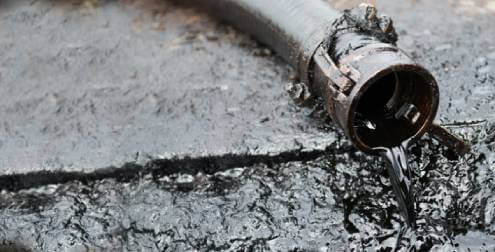
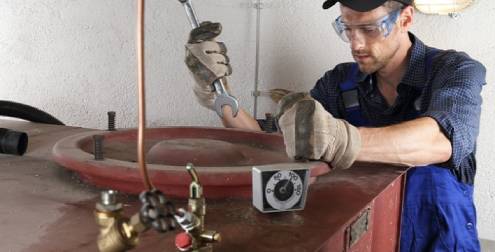

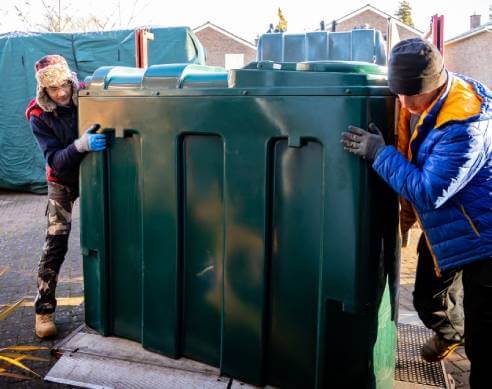
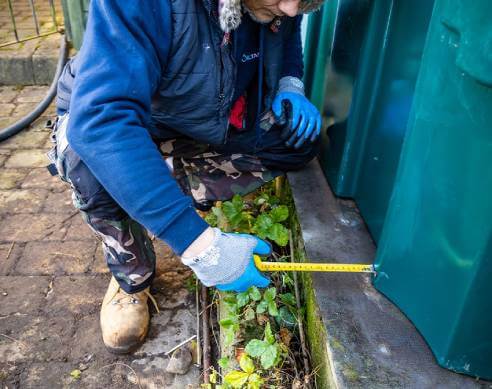

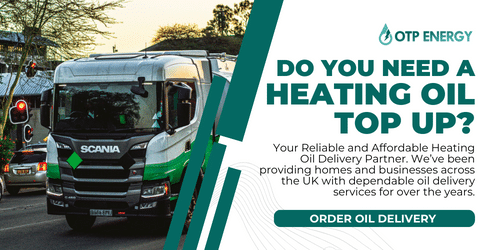
Share This: